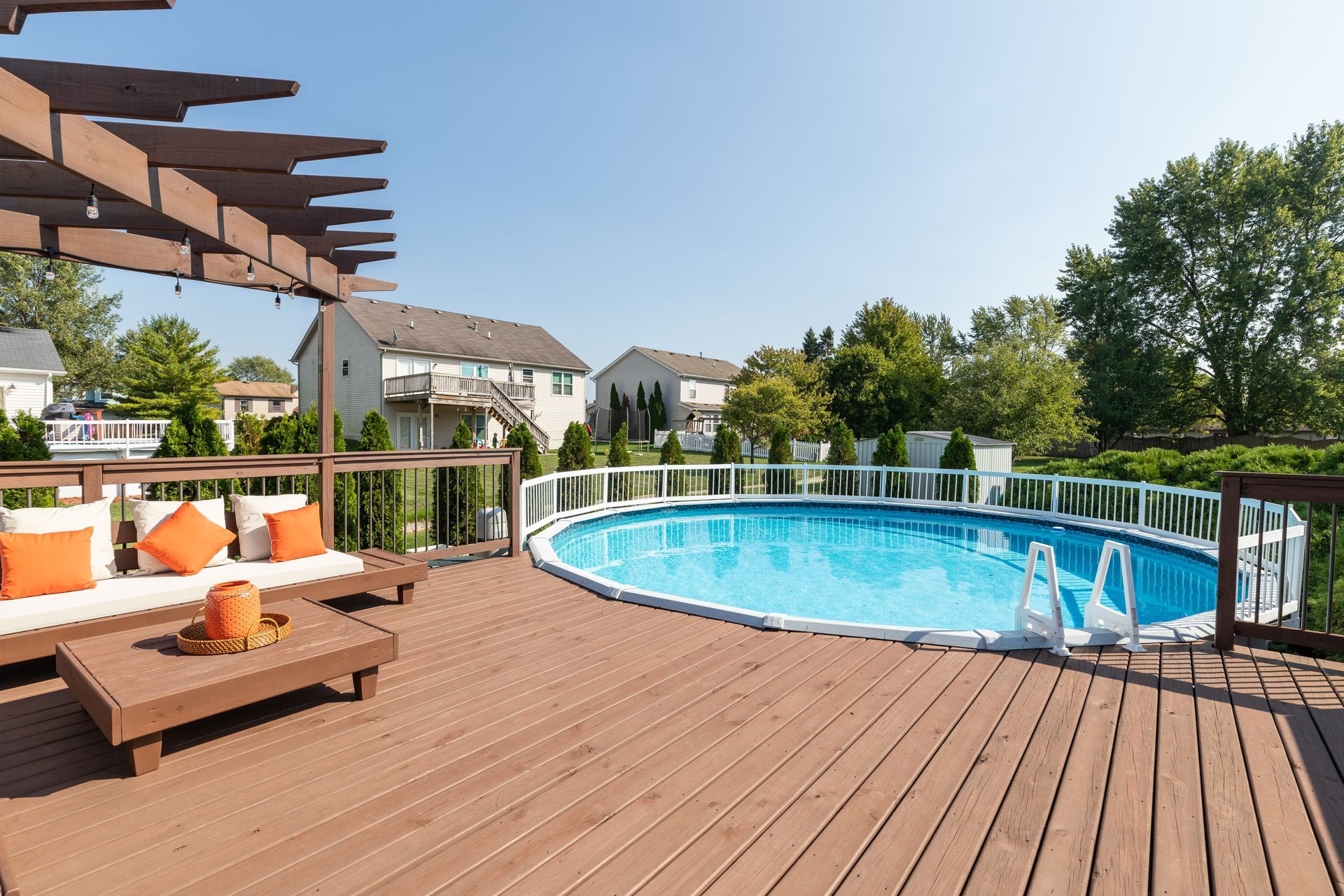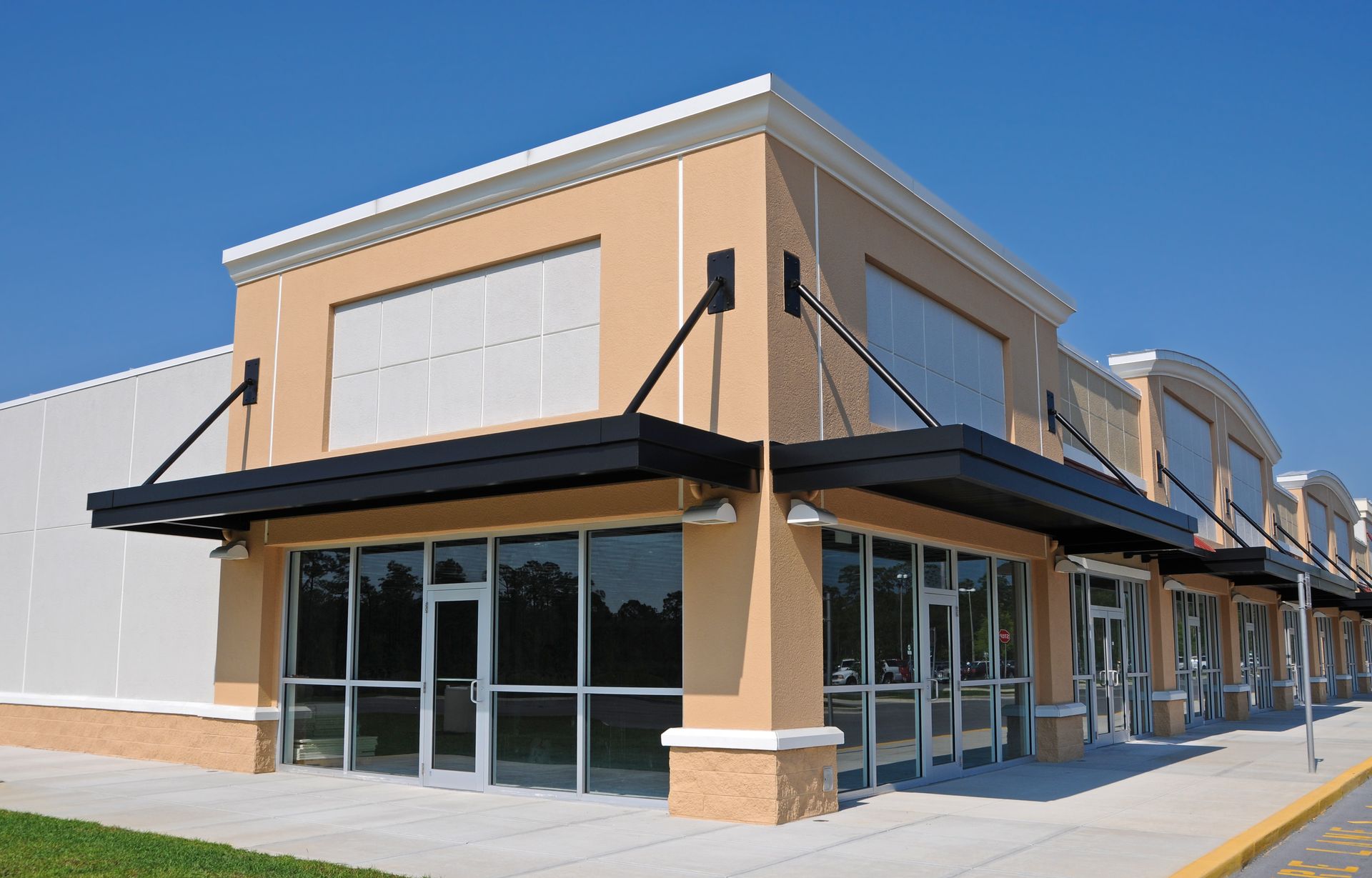Wood vs. Vinyl vs. Metal: Which Fence Material is Best?
Choosing the right material for your fence is a key decision that influences the aesthetic appeal, security, and value of your property. With options like wood, vinyl, and metal, understanding the pros and cons of each can help you make an informed choice that meets your needs. In Raleigh, North Carolina, where Quick Care Home Repair offers comprehensive Fence Installation and Repairs, the decision may also depend on local climate considerations.
Wood Fences: Timeless Elegance
Wood fences have long been favored for their natural beauty and versatility. Types like cedar, pine, and redwood each offer their own unique benefits.
Advantages of Wood Fences:
1. Natural Aesthetic: Wood fences offer a classic look that can complement any home style. They can be customized with paint or stain to suit your design preferences.
2. Versatile Design: Wood is easy to work with, allowing for a wide range of styles, from picket fences to tall privacy barriers.
3. Environmentally Friendly: As a renewable resource, wood is a more eco-conscious choice compared to other materials.
Disadvantages of Wood Fences:
1. Regular Maintenance: To prevent rot and weather damage, wood fences require periodic staining or painting. Without this upkeep, they can deteriorate more quickly.
2. Vulnerability to Elements: In a humid climate like Raleigh's, wood is more susceptible to termites and decay.
3. Variable Costs: Installation costs can vary depending on the type of wood and the complexity of the design.
Vinyl Fences: Modern and Low-Maintenance
Vinyl fencing has become increasingly popular due to its durability and minimal maintenance needs. Available in a variety of styles, it offers a sleek and clean appearance.
Advantages of Vinyl Fences:
1. Minimal Upkeep: Unlike wood, vinyl doesn't require painting or sealing and is easy to clean with just soap and water.
2. Long-Lasting Durability: Vinyl is resistant to weather-related damage, such as rot or warping, making it ideal for long-term use.
3. Cost Efficiency Over Time: While the initial cost is higher, the lack of maintenance expenses can make vinyl fences more economical in the long run.
Disadvantages of Vinyl Fences:
1. Higher Initial Cost: The upfront expense for a vinyl fence can be higher than wood, though it balances out over time with lower maintenance costs.
2. Limited Customization: Vinyl is available in several styles and colors, but customization beyond these options is limited.
3. Environmental Considerations: Made from PVC, vinyl is not biodegradable, which can be a concern for eco-conscious homeowners.
Metal Fences: Secure and Durable
Metal fences, including options like aluminum, wrought iron, and steel, are known for their strength and longevity. They provide a modern look while ensuring security.
Advantages of Metal Fences:
1. Strength and Security: Metal fences are incredibly robust, providing excellent protection and security for your property.
2. Long-Lasting: Constructed from materials like aluminum or galvanized steel, metal fences resist rust and corrosion, offering a long lifespan.
3. Less Maintenance: Though not maintenance-free, metal fences require less upkeep than wood, typically involving occasional painting to prevent rust.
Disadvantages of Metal Fences:
1. Higher Cost: Metal fences, particularly wrought iron, can be expensive to install, though their durability often justifies the investment.
2. Design Limitations: While functional, some metal fence designs may offer fewer aesthetic options compared to wood.
3. Maintenance Needs: Although minimal, metal fences need some maintenance to prevent rust, especially in areas prone to moisture.
Factors to Consider When Choosing Your Fence Material
The best material for your fence depends on your priorities, including budget, aesthetics, and maintenance willingness. In Raleigh, quick weather changes can impact how different materials perform. Consulting with Quick Care Home Repair can provide valuable insights and guidance tailored to your specific needs, ensuring your fence not only fits your style but also suits the local climate.
Cost Analysis
The cost of your fence will depend on the material, design, and size. Wood fences generally have a lower initial cost, whereas vinyl and metal might require a larger upfront investment. However, when considering long-term expenses, including maintenance, vinyl and metal can prove to be more cost-effective.
Maintenance Tips for Longevity
Proper maintenance extends the lifespan of any fence material. Wood requires regular sealing and pest treatments. Vinyl needs basic cleaning, while metal may need occasional rust prevention treatments. With the right care, all these materials can provide reliable service for years.
Aligning Your Choice with Your Lifestyle
Choosing between wood, vinyl, and metal for your fence is an important decision that should match your home’s aesthetic, your budget, and how much maintenance you’re willing to undertake. Each material has its benefits and drawbacks, so weigh these carefully. Quick Care Home Repair is ready to assist with expert installation and repair services, ensuring your fence serves its purpose and enhances your property. Whether prioritizing style, cost, or durability, there is a fence material suited for every homeowner's needs. Contact us today!











